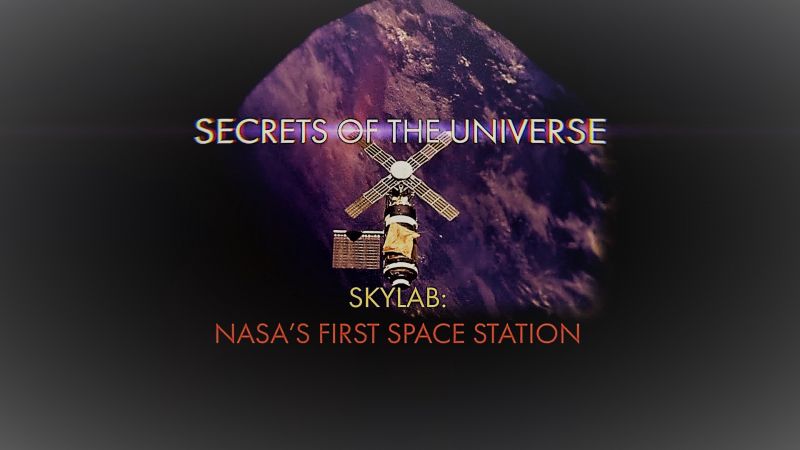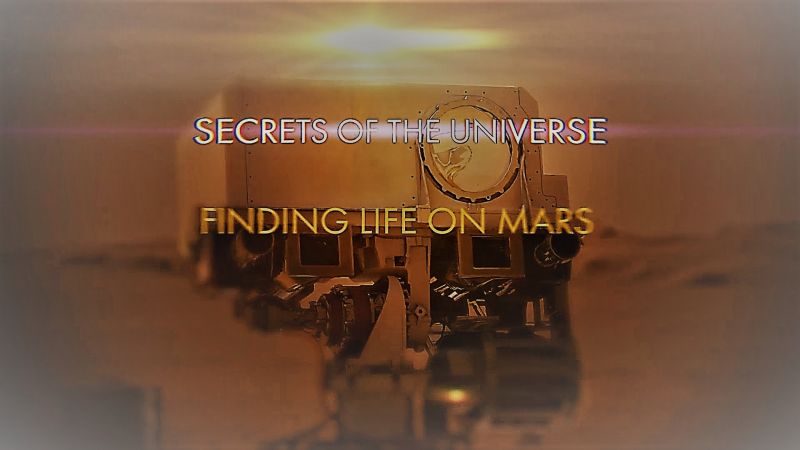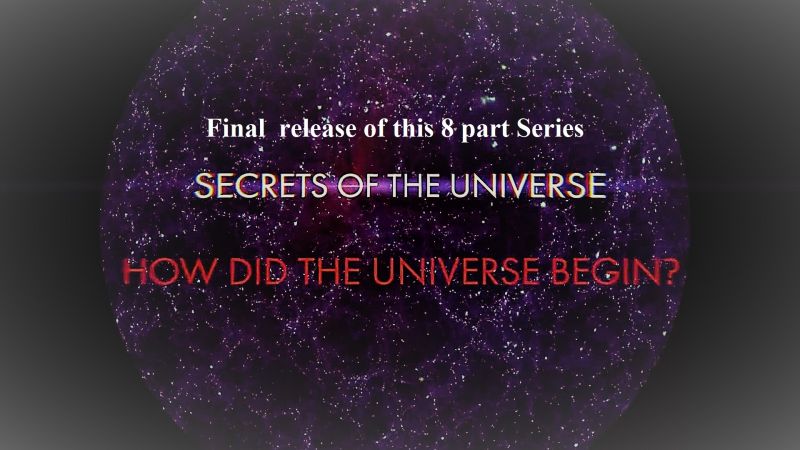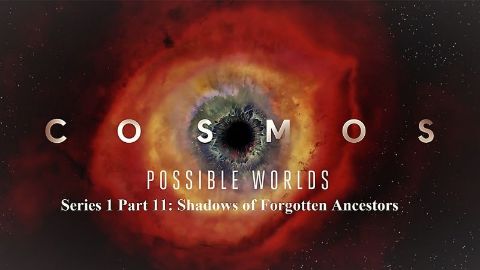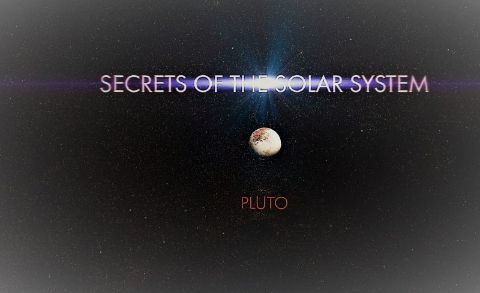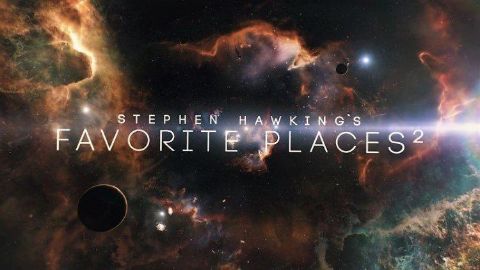Skylab: NASAs First Space Station • 2022 • Secrets of the Universe (Curiosity)
Before the ISS, there was Skylab: NASA’s first mission to build a home beyond our planet. This is the spectacular story of the first astronauts who lived on a space station, and the incredible things their work taught us about what it takes for human beings to live, work, and play in outer space.
Make a donation
Buy a brother a hot coffee? Or a cold beer?
Hope you're finding these documentaries fascinating and eye-opening. It's just me, working hard behind the scenes to bring you this enriching content.
Running and maintaining a website like this takes time and resources. That's why I'm reaching out to you. If you appreciate what I do and would like to support my efforts, would you consider "buying me a coffee"?
Donation addresses
BTC: bc1q8ldskxh4x9qnddhcrgcun8rtvddeldm2a07r2v
ETH: 0x5CCAAA1afc5c5D814129d99277dDb5A979672116
With your donation through , you can show your appreciation and help me keep this project going. Every contribution, no matter how small, makes a significant impact. It goes directly towards covering server costs.

